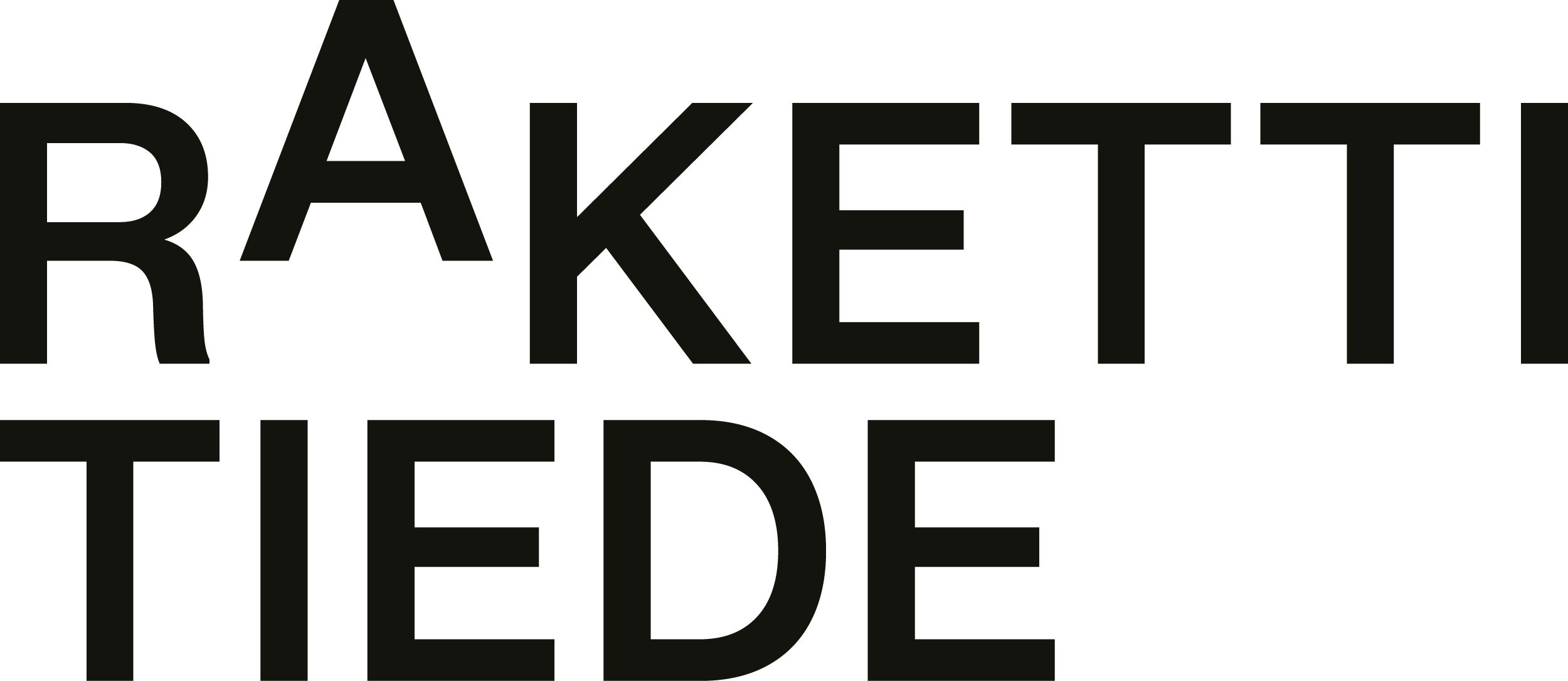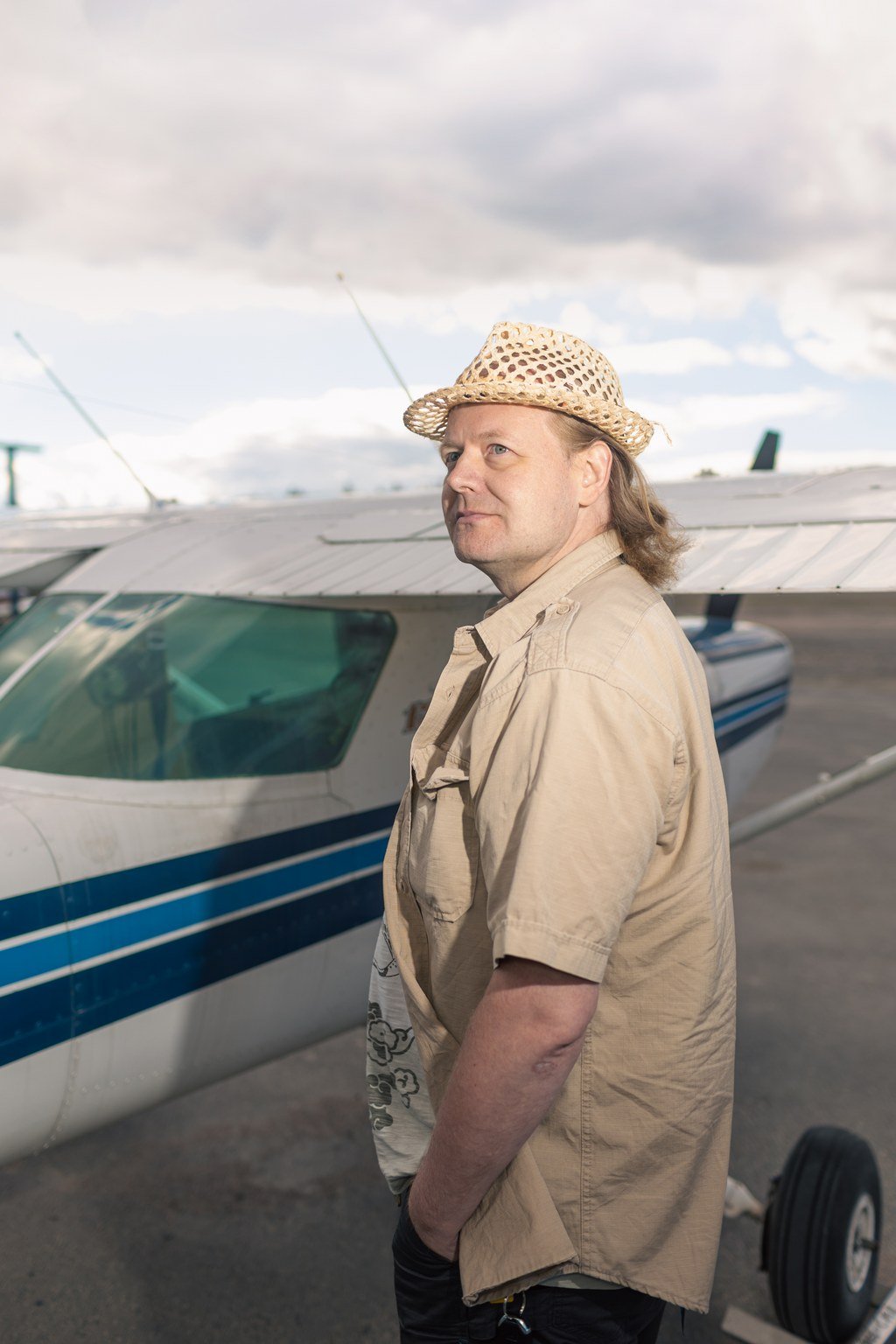Launching your career on board the Rocket: make it happen!
Trials and tribulations or a chance to learn something about yourself? Our recruitment process offers a unique glimpse into Rakettitiede and allows you to weigh whether you could thrive and find fulfilment as a consultant with us.
If you’re reading this, you’re seriously considering a career as a rocket scientist and might be heading to an interview – good show, splendid indeed! The way to becoming a rocket scientist is practically smooth sailing and as is easy as going through
An introductory call
Some technical grilling
A meeting with sales
An optional (remote) rendezvous with another consultant – allowing you to ask anything you want and test if what we’ve said is actually true or just hot air.
During the interviews, you’ll meet both recruiters and software development experts like yourself, and here’s something you should know: we all want to help you succeed and assess whether a career with us is the best fit for you.
The most important guideline for the entire recruitment process comes from one of the company’s founders, Arttu Ylärakkola: “Everything starts with dialogue. We’ll talk about your skills to understand where you will excel. Then, we’ll let you know what kinds of assignments you can expect. We want you to really nail the interview.”
Arttu knows what he’s talking about: a software developer himself, he’s been involved in the recruitment process of nearly all of our consultants.
#1 Do you know what you want?
During the recruitment process, you’ll get to talk about your aspirations:
What technical challenges motivate you?
What kind of work do you want to do?
What kind of work environment do you thrive in?
Why do you feel that consulting is your thing?
What do you want to ask us to evaluate if Rakettitiede is the right workplace for you?
You’ll get to discuss all this with sales and especially during the first call, where you’ll likely meet either Karri Kallela or Tessi Reispakka, our rocket recruiters.
Karri believes it’s important that every part of the recruitment process benefits the applicant, whether or not there’s a shared path ahead.
“We’ll talk about your career aspirations and ideas. Understanding your goals is important to us so we can determine if we can offer you career opportunities that truly motivate you,” Karri explains.
At this point, you’ll also learn more about Rakettitiede. As Arttu already mentioned, it’s a dialogue.
Hearing about your wishes helps us figure out how the life of a rocket scientist would suit you.
“’Would you be happy at Rakettitiede?’ is the central question we ask ourselves during the recruitment process. Is what we do aligned with your needs and desires? Can we realistically meet your expectations and find meaningful assignments for you?” Marko Saaresto, software developer and one of the founding five, says. You’re likely to meet Marko during the technical interview.
“’Would you be happy at Rakettitiede?’ is the central question we ask ourselves during the recruitment process. - Marko
#2 How do you talk about your skills?
Arttu points out that the interview is a dialogue, not an interrogation.
If it sounds like our future plans align, we’ll then explore the specific skills you bring to the table. It’s important to think in advance about how you can best present your skills: how you talk about your strengths and expertise and how you describe what it’s like to work with you will be a constant part of your life as a consultant.
“As a consultant, you’ll meet a lot of people who will want to hear about your skills. You will need to be able to explain how, why, and in what areas you can help them,” Arttu says. “A job interview is a sales opportunity, much like when you, as a consultant, interview with a client. You’re selling your skills and presenting yourself."
Prepare by making a list of your skills and strengths:
What kind of expert do you identify as? What is your area of specialisation?
What technical skills do you have?
What are your non-technical skills? (Take a look-see here: What’s in the (tool) box? Consulting is a mix of soft and hard skills?)
How do you work as part of a team?
What kind of (work) life have you led?
Can you think of any hobby projects that would have taught you something new?
#3 Prepare for Technical Grilling
If your skillset sounds promising, it’s time to move on to the technical interview. In the technical interview, you’ll sit down with developers like yourself at a (virtual) table.
“The technical interview focuses on understanding your problem-solving abilities and way of thinking,” says Rakettitiede’s consultant #1 Jari “Jartza” Tulilahti. He’s an expert in embedded systems and participates in related interviews.
For the technical grilling, you’ll need a code sample, which we’ll review together towards the end of the interview. If you plan to show code done for a client that’s not open source, remember to ask for permission to show it. The sample can also be a piece of code you’ve written for a hobby project.
“The code sample provides a framework for talking about yourself. Think of it as a conversation starter about you and your skills. Think about how you can tell us more about yourself by showing the code sample? Can you use it to discuss another topic, like databases?” says Arttu.
Jartza says that the technical interview is not intended to be a “code till you drop” session but rather a way to understand the applicant’s thinking and problem-solving skills.
You are likely to pique our interest if you can highlight parts of the code that taught you something, turned out successful, or made you proud. Equally valuable are the parts that turn out as planned, as they allow you to explain what you would do differently now.
The code sample is just one part of the interview. We always look at the whole and how well you understand the technical area in question. "We don’t get stuck on details. Instead, we try to get an idea of your level of technical expertise and consultative approach: How do you perceive and understand your technical output as part of the product or service you’re developing? How does your work impact the overall lifecycle? What does it include?" Jartza explains.
What a consultant needs, especially, is problem-solving skills and a desire to learn. “Even if you don’t know what the answer to something is, you can still explain how you would approach the issue. It’s worth keeping in mind that when we assess experience and skills, we already consider them as if you were a Rocket consultant and we were the client,” Arttu says. “Being able to identify your strengths and weaknesses says a lot about your professionalism and experience."
Besides nerding out on technical matters, we’re interested in your previous work environments and daily grind.
"It’s easy to focus on the impressive stuff, but describing and talking about your everyday life is actually the most interesting bit. That’s what life mostly is," Arttu says.
Jartza’s tips for a successful code sample review:
What are you going to talk about, at a higher level? How can you demonstrate your skills through the sample?
What software is it?
Why was it made? What does it do, at a higher level?
Pinpoint 2 or 3 points in the code where you managed to solve a problem and that you’re happy with. Be prepared to explain the reasoning and process behind your solution.
"Remember that the person on the other side is also an expert, so you’re free to present your thinking at a deeper level. However, you should also be prepared to outline your skills in more detail, reflect on your experiences and evaluate your way of working," Jartza says.
>> Read Viktoriia’s tips for preparing for a technical interview.
#4 Be open – we want to learn who you are!
The more open you are, the better our chances of understanding each other. We want to get to know you not only as a software developer but also as a person.
Vice Commodore Marko believes the most important thing in the recruitment process is to find out if you would be happy at Rakettitiede.
We are currently conducting our interviews remotely, which has its limitations. However, challenges are meant to be conquered. “We prefer to keep our cameras on during interviews because it allows you to get a better sense of who we are. We hope you turn on your camera too,” Arttu says.
Arttu and Marko have a request: “Remember, you can interview us too. In fact, we encourage it! By the end of the interview, we hope you’ll be able to say whether we’re the right colleagues for you and if you see meaningful career opportunities with us.”
We would also love to receive feedback on the interview. Did it go well or was it just awful? What could we do to improve?
Prepare for the interview:
Turn on the camera and make sure your internet connection is working.
Be prepared to talk about yourself and also to interview us.
Remember, we’re people too! We hope you like us and that we soon get to order a new moon helmet for the ship!
What if there’s no shared future in the horizon?
If we conclude that we don’t see a shared path right now, we’ll be honest with you. We’ll let you know how we came to this decision. “If the process ended due to lack of experience or bad timing, the next question is when it would be appropriate to talk again,” Marko says.
Or maybe you realise that you need more time before taking the next step in your career. The fortunate thing is that we won’t soon run out of work. “And when you feel like it’s the right time to get on board the Rocket, we’ll be here waiting for you,” Marko adds.
What kinds of gigs does the Rocket offer? Read all about it and prepare to be amazed!
Read more:
Rakettitiede’s recruitment process is (relatively) painless
Navigating technical interviews: a software developer's guide to success





